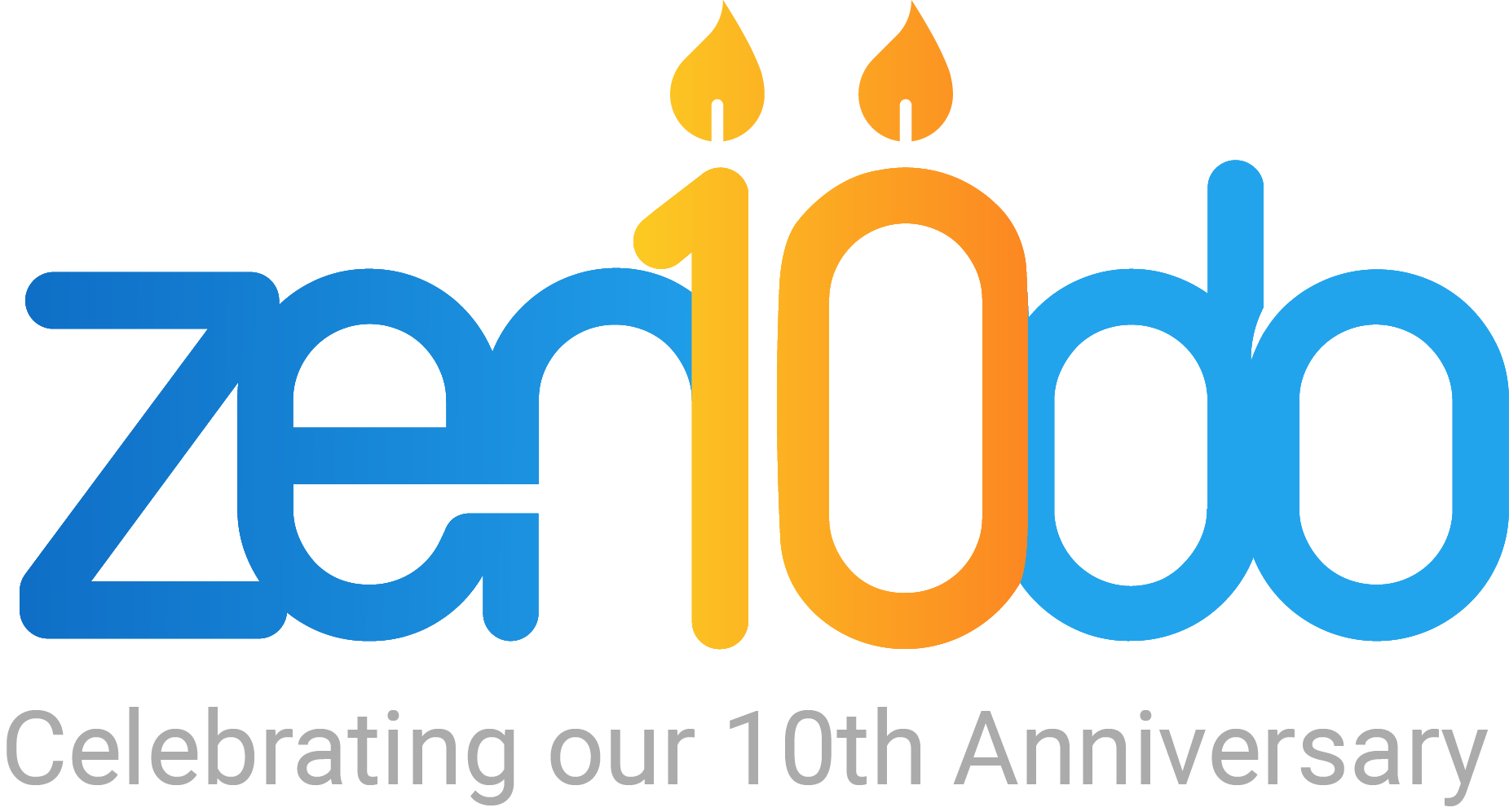Location: Portugal
Description:
Characteristics of building
Living in housing deprivation means living in a house where many of the basic needs are missing, jeopardizing a dignified daily life. These are homes which cannot protect the inhabitants from cold and rain due to the lack of solid structures; where the absence of piped water makes it impossible to go to the bathroom or take shower (particularly a hot shower); where the lighting and ventilation are so inadequate that they inhibit reading, learning, or breathing proper clean air. These homes aren’t safe to live in, let alone provide shelter, promote wellness and comfort. Those who live in such houses can’t enjoy their homes as they lack a place that meets their emotional, learning and development needs. According to the Portuguese National Institute of Statistics (INE), 3,9% of the population lived under these conditions in 2020.
Housing deprivation is also the first cause of Energy Poverty in Portugal. This means not having access to the appropriate amount of energy to meet daily needs. Deficient building structures lead to energy inefficiencies, requiring an excessive amount of energy to light, clean, cook and heat the house. High energetic needs combined with a weak economic situation throws many families into Energy Poverty. In 2019, 18,9% of the Portuguese population couldn’t keep their house properly heated.
JUST works both in in rural contexts and large metropolitan areas. Metropolitan areas (of Lisbon and Porto) have seen in the past few years steep increase in housing costs. Additionally, social exclusion and high unemployment rates are higher than the national average (6,5% in Portugal and 7,1% in LMA). The desertification of rural areas means there are very isolated communities, with many elderly people with no support network, living off low-paying pension.
A typical house renovated by Just a Change is an independent house, in a Rural location, under 100m2. These are old buildings, owned by our beneficiaries as family heirlooms, most of them have ancient structures, of 50+ years. The houses are typically built in masonry, with wooden floors and tiled roofs. However, they have several deficiencies: leaky roofs, rotten floors, inadequately insulated walls, etc.
JUST has acted in several locations throughout Portugal, as it can be seen in the interactive map published on their website.

Locations in which JUST has acted
A typical before and after full intervention will look like this:

Typical before and after full intervention
Characteristics of renovation need
As previously mentioned, the houses JUST acts on have many structural deficiencies. Their renovation works will provide basic structures such as roofs, flooring, insulation, doors, and windows, but also other basic needs such as piped water and electricity. Each renovation has specificities, and sometimes there is no need for such a deep intervention. As an example, in 2021, JUST renovated 56 houses in which they made:
· 20 full new roofs
· 18 bathrooms from scratch
· 32 homes got new doors and windows
· 25 new thermal insulation
· 25 new piping and sanitation networks
· 25 painted façades
· 47 painted inside
· 12 photovoltaic panels installed
JUST believes the needs of future houses will fall mainly into these categories, and the main renovations made will focus on improving thermal comfort and modernizing energetic equipment.
Most of these houses use wooden fireplaces to heat their dwelling, or old gas equipment. Sometimes, they are not even connected to the electric grid. Our focus here is to provide a better insulated structure that will reduce their energetic needs and provide modern equipment to ensure efficiency.
Target Groups:
JUST beneficiaries are families or individuals who suffer from housing deprivation and energy poverty.
In Portugal, according to the National Statistics Institute (I.N.E.), 5% of the population lives in severe housing deprivation. Also, over 160 thousand people cannot shower at home, and 50 thousand don’t even have piped water or sanitation at home. The Excess Winter Mortality rate in Portugal is 28%, contrasting to the 15% rate of the EU (Energy Poverty Handbook, EU, 2016). The problem is spread all over the territory and the existent solutions are neither enough nor effective. The affected population is very diverse, from elder people living isolated in rural Portugal, to low-income families living in large urban cities.
The root causes the Housing deprivation are many:
(1) Long term unemployment (vicious cycle of poverty – these inhabitants are poor and cannot access other existing solutions available);
(2) Low literacy rate;
(3) Mental Health Problems;
(4) Landlords without money to renovate homes.
Just a Change acts together with local authorities to identify the homes to act on. Once the beneficiaries are identified, the houses are visited, and the renovation plan and budget made. All these steps are made by Just a Change. They engage the beneficiary to understand what house features are most valuable to the person, and how JUST can include it in the renovation. JUST also engages with local institutions/social responses to ensure that the beneficiary receives support in other areas. Housing deprivation and energetic poverty are key issues; however, they are commonly accompanied by other situations that need to be attended (unemployment, addiction, mental disease, etc.). These underlying conditions should also be addressed, and JUST counts on local social support to ensure this.

